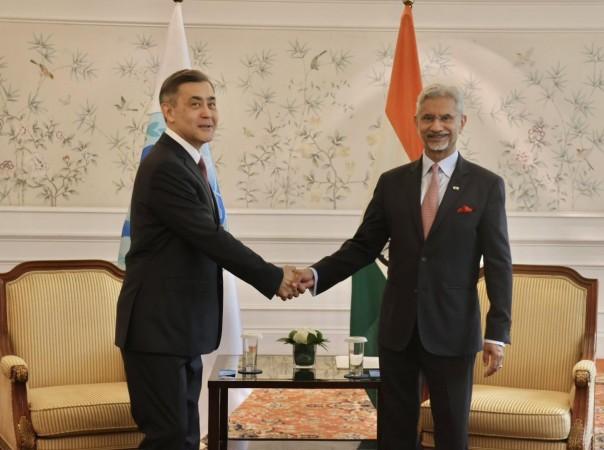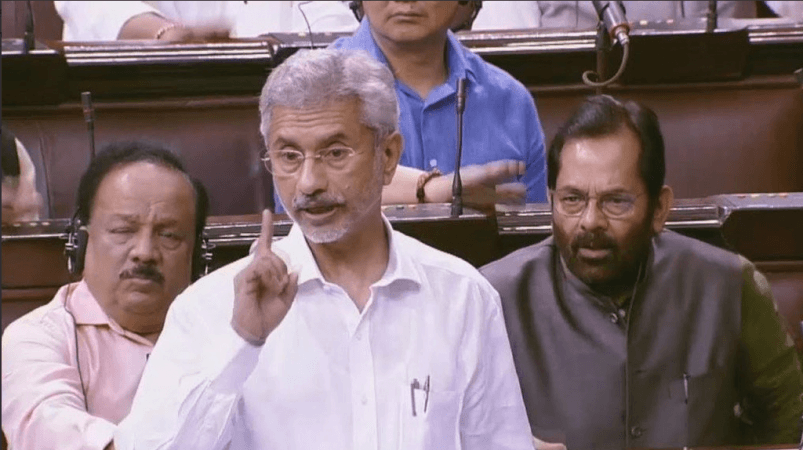
External Affairs Minister S. Jaishankar's recent visit to China marks a significant diplomatic engagement, as it is his first trip to the country since the Galwan Valley clash in June 2020. This visit is crucial for both bilateral relations and regional cooperation, as Jaishankar attended the Foreign Ministers' Meeting of the Shanghai Cooperation Organisation (SCO) member states in Tianjin. The visit underscores India's commitment to enhancing regional collaboration and addressing bilateral issues with China.
Upon his arrival in Beijing, Jaishankar engaged in high-level discussions, meeting with Shanghai Cooperation Organisation Secretary-General Nurlan Yermekbayev. The discussions focused on the SCO's growing importance in regional cooperation and ongoing efforts to modernize its operations. Jaishankar expressed his satisfaction with the meeting on social media, stating, "Glad to meet SCO SG Nurlan Yermekbayev in Beijing today. Discussed the contribution and importance of SCO, as well as the endeavours to modernise its working."

The SCO, a permanent intergovernmental organization, includes India, Kazakhstan, China, Kyrgyzstan, Pakistan, Russia, Tajikistan, Uzbekistan, Iran, and Belarus. It aims to strengthen cooperation across political, economic, and security domains. India's role in the SCO has been significant, having assumed the presidency in 2023, followed by Pakistan, which hosted the Leaders' Summit in 2024. The upcoming 25th Heads of State Council meeting in Tianjin later this year is a crucial event for the organization.
Jaishankar's visit to China also included a key bilateral meeting with Chinese Vice President Han Zheng. During this meeting, Jaishankar emphasized the potential for "mutually beneficial" outcomes through the continued normalization of ties between India and China. He underscored the importance of open dialogue and the candid exchange of perspectives between the two populous neighbors and major global economies, especially given the "very complex" international situation. In his opening remarks, Jaishankar noted, "Our bilateral relationship, as you have pointed out, has been steadily improving since the meeting between Prime Minister Modi and President Xi Jinping in Kazan last October. I am confident that my discussions in this visit will maintain that positive trajectory."
This visit is particularly significant as it marks the 75th anniversary of India-China diplomatic relations. Jaishankar highlighted the resumption of the Kailash Mansarovar Yatra as a notable development. The pilgrimage had been suspended for five years due to the Covid-19 pandemic and subsequent border tensions. "The resumption of the Kailash Mansarovar Yatra is also widely appreciated in India. Continued normalisation of our ties can produce mutually beneficial outcomes," he noted.
The Galwan Valley standoff in 2020 was the most severe border clash in over four decades, leading to casualties on both sides and pushing relations to a historic low. While Jaishankar has interacted with his Chinese counterpart at multilateral forums since then, this visit marks a significant step in high-level diplomatic engagement amid lingering border concerns.
Related








